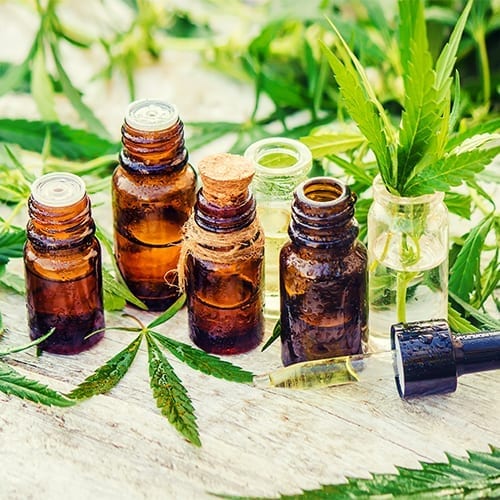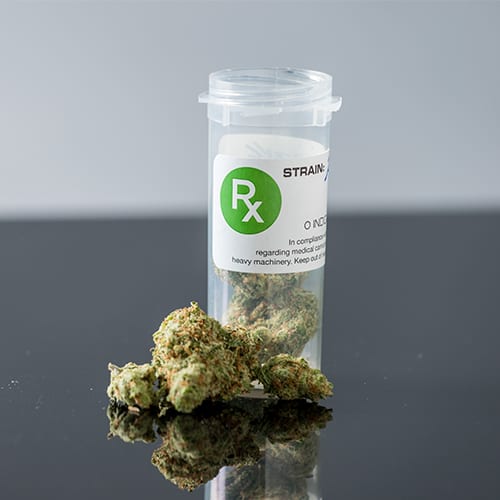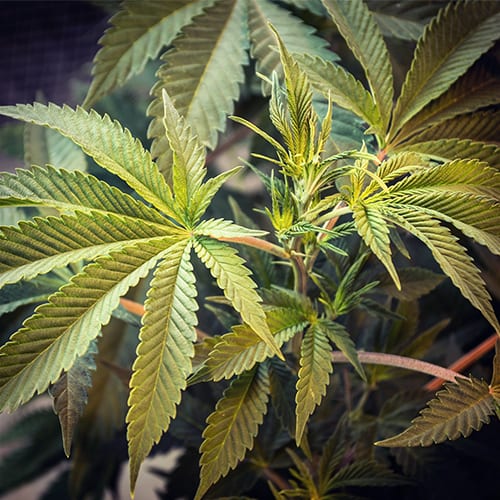
USA — Stay off weed, teens. But if you screw your life up, don’t blame the pot. Cannabis use by teenage boys was not linked to later physical or mental health issues, psychotic symptoms or asthma concludes a major new study published by the American Psychological Association.
Cannabis law reform critics have long-charged that pot use leads to poor life outcomes, and used this claim to support draconian pot punishments like school expulsion, job loss, and imprisonment for even casual marijuana users.
So University of Pittsburgh Medical Center and Rutgers University researchers tracked 408 boys from adolescence into their mid-30s.
Their findings published in Psychology of Addictive Behaviors were “a little surprising,” said lead researcher Jordan Bechtold, PhD, a psychology research fellow at the University of Pittsburgh Medical Center. “There were no differences in any of the mental or physical health outcomes that we measured regardless of the amount or frequency of marijuana used during adolescence.”
Pot legalization critics constantly warn that the drug leads to wasted lives, but few studies have actually tracked teen marijuana users for more than two decades.
Researchers controlled for cigarette smoking, other illicit drug use, and participants’ access to health insurance and found a raft of interesting data:
— “The trajectory groups were not significantly different in terms of self-reported asthma, allergies, headaches, and high blood pressure. The groups also did not differ in terms of having a current health condition that limited their physical activities, having a serious physical injury in the past year, or having a prior history of concussion.”
— “There were no marijuana trajectory group differences related to a lifetime diagnosis of anxiety disorders, mood disorders, or psychotic disorders.”
The data shocked researchers “given that men in the early onset chronic group were using marijuana (on average) once per week by late adolescence and continued using marijuana approximately 3– 4 times a week from age 20 to 26 years.”
Researchers said the issue remains complicated and “one study should not be taken in isolation,” Bechtold said.
However, “others studies have also found that chronic marijuana use may not be significantly related to longterm physical or mental health problems,” the study found.
Source: SF Gate (CA)





